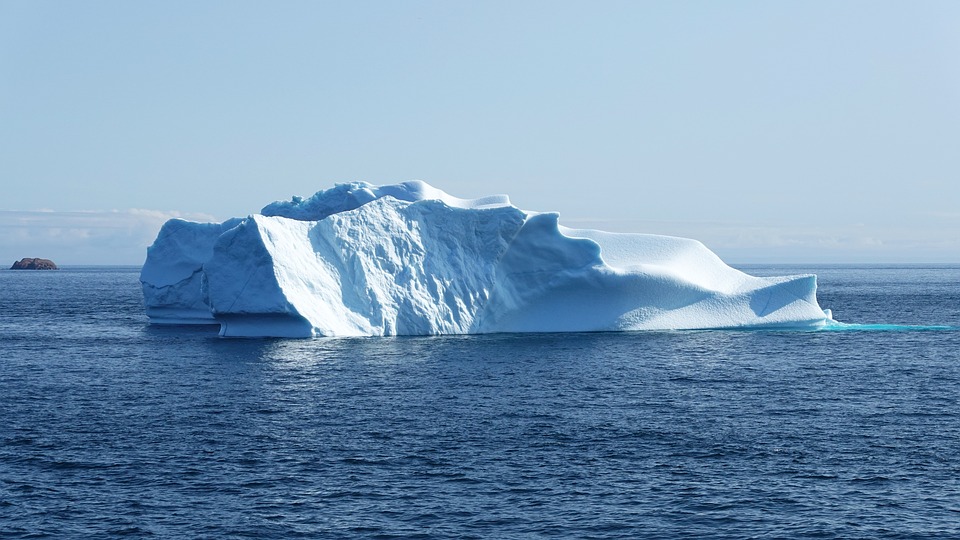How Are Emperor Penguins Affected By Climate Change?
Emperor penguins (Aptenodytes forsteri) are iconic inhabitants of Antarctica, known for their remarkable adaptations to one of the harshest environments on Earth. However, climate change poses a significant threat to their survival, primarily through the loss of sea ice, which is essential for their breeding, feeding, and overall life cycle.
The Life Cycle of Emperor Penguins
Emperor penguins exhibit unique breeding and parenting behaviors. They breed during the austral winter on stable land-fast sea ice, which serves as their primary breeding platform. Males incubate the single egg laid by females for about two months while the females forage for food. After hatching, both parents share responsibilities in feeding and protecting the chick until it can fend for itself around five months later.
Their diet mainly consists of fish and krill, which they hunt in the surrounding ocean. This feeding behavior is intricately linked to the availability of sea ice, as it affects both their hunting grounds and the timing of their breeding cycles.
The Role of Sea Ice
Sea ice is crucial for emperor penguin survival:
– Breeding Grounds: Emperor penguins rely on stable fast ice for breeding. The ice must remain intact from April to January for successful chick development.
– Chick Development: If sea ice breaks up too early, chicks may not develop waterproof feathers in time to survive in the ocean.
Climate change is causing significant alterations in sea ice formation and stability. Studies indicate that with rising global temperatures, the extent and thickness of sea ice are projected to decline dramatically, affecting many emperor penguin colonies[1][2].
Temperature Changes and Weather Patterns
Rising temperatures have direct impacts on emperor penguin habitats:
– Habitat Alteration: Warmer conditions lead to earlier melting of sea ice, disrupting breeding cycles and increasing chick mortality rates.
– Food Availability: Changes in weather patterns can affect the distribution and abundance of prey species like krill and fish, making it harder for penguins to find food during critical periods[3][4].
Effects on Food Sources
Emperor penguins primarily feed on:
– Krill: A keystone species in the Antarctic ecosystem that is heavily reliant on stable sea ice.
– Fish: Various species that are also affected by changes in ocean conditions due to climate change.
As sea ice diminishes, so does the habitat for krill and other prey species, leading to a decline in food availability for emperor penguins. This shift can result in increased competition for food and lower survival rates among chicks[5][6].
Threats from Habitat Loss
The potential loss of breeding grounds due to melting ice is one of the most pressing threats facing emperor penguins:
– Habitat Fragmentation: As sea ice becomes less stable, colonies may become fragmented, making it difficult for penguins to find suitable breeding sites.
– Increased Mortality: Breeding failures have been documented as a direct consequence of early sea ice breakup, leading to catastrophic declines in certain colonies[2][8].
Conservation Efforts and Strategies
Several conservation initiatives are underway to protect emperor penguins:
– Endangered Species Act Protections: In 2022, emperor penguins were listed as a threatened species under the U.S. Endangered Species Act due to their vulnerability to climate change. This listing aims to enhance conservation efforts and raise awareness about their plight[10][12].
– Research and Monitoring: Ongoing research is crucial for understanding how emperor penguins adapt to changing environments. Monitoring population trends helps inform conservation strategies aimed at mitigating climate impacts[9][11].
FAQs
1. How does climate change specifically impact emperor penguin breeding?
Climate change leads to earlier melting of sea ice, which can result in breeding failures as chicks may not survive without stable ice.
2. What are the main threats to emperor penguin populations due to climate change?
The primary threats include loss of sea ice habitat, altered food availability, and increased mortality rates among chicks.
3. How do changes in sea ice affect the emperor penguin’s diet?
Diminished sea ice affects the habitat of krill and fish, leading to reduced food availability for emperor penguins.
4. What conservation measures are being taken to protect emperor penguins?
Conservation efforts include legal protections under the Endangered Species Act and ongoing research into population dynamics.
5. How do scientists monitor the health of emperor penguin populations?
Scientists use satellite imagery and field studies to track population numbers and assess breeding success.
6. What role do emperor penguins play in their ecosystem?
They are vital indicators of ecosystem health and serve as prey for larger predators like leopard seals.
7. Can individual actions help in the conservation of emperor penguins?
Yes, reducing greenhouse gas emissions through personal choices can contribute significantly to mitigating climate change impacts on wildlife.
Conclusion
The future of emperor penguins hangs in the balance as climate change continues to disrupt their delicate habitat. Urgent action is needed globally to address climate issues and protect these magnificent birds from extinction. Their survival depends not only on conservation efforts but also on collective action against climate change impacts affecting ecosystems worldwide.

Kyle Whyte is a notable scholar and professor at the University of Michigan, holding positions such as the George Willis Pack Professor in the School for Environment and Sustainability and Professor of Philosophy. Specializing in environmental justice, his work critically examines climate policy and Indigenous peoples’ ethics, emphasizing the nexus between cooperative scientific endeavors and Indigenous justice. As an enrolled Citizen Potawatomi Nation member, he brings a vital perspective to his roles as a U.S. Science Envoy and member of the White House Environmental Justice Advisory Council. His influential research is supported by various prestigious organizations including the National Science Foundation, and disseminated through publications in high-impact journals. Kyle actively contributes to global Indigenous research methodologies and education, with affiliations to numerous institutes and societies dedicated to traditional knowledge and sustainability. Recognized for his academic and community engagement, Kyle has earned multiple awards and served in various visiting professorships. His efforts extend to leadership positions on boards and committees focused on environmental justice nationwide.
